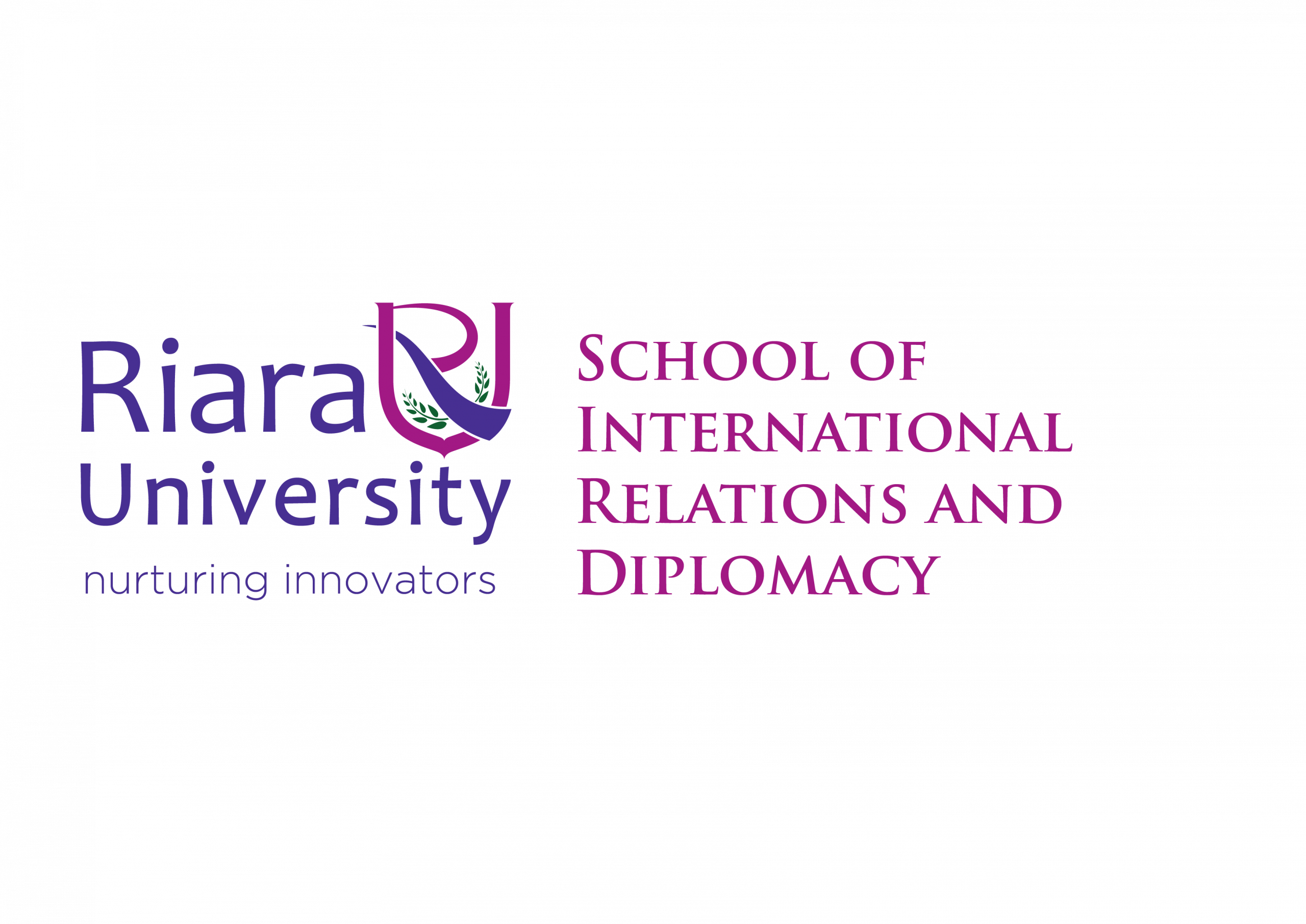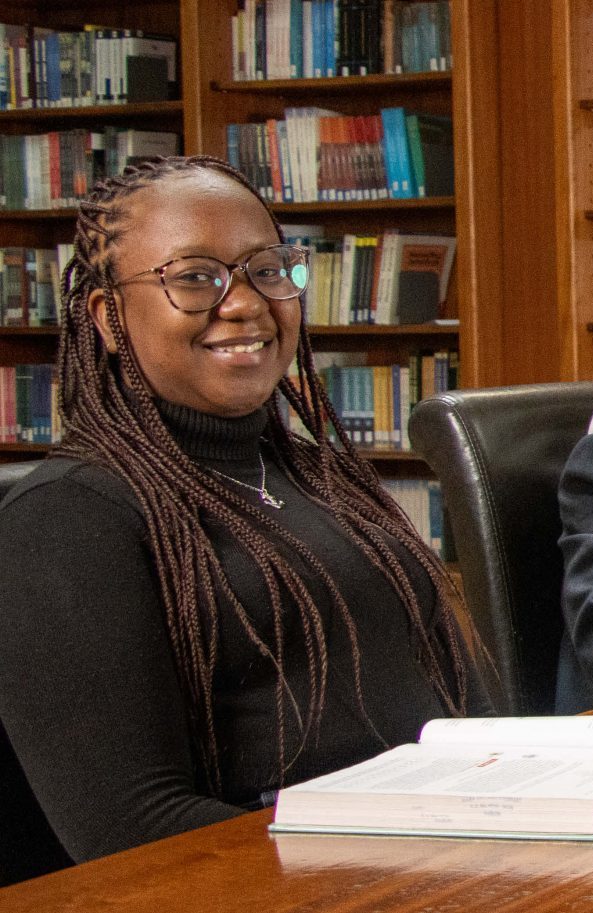Just like a river flows from its source to the next larger water body, the education process in various fields of study is endless. The field of International Relations and Diplomacy (IRD) is no exception. The discipline is as old as humanity itself, drawing its formation from remarkable global human events such as wars and conflicts. It therefore forms a self-reinforcing educational system—an ecosystem of students, faculty, stakeholders, and members of the public—living in a mutual web of co-existence.
As a teaching and research faculty, the School of IRD recognizes the changing global environment. Recently, there has been growing criticism of the two extreme schools of thought governing International Relations: realism and liberalism. The centralist viewpoint is gaining influence, shaping current and future scholarship and policy in the field. Hence, the School of IRD embraces the notion of a “three-legged middle-ground” as a plausible and valuable body of knowledge for scholarly inquiry.
This viewpoint is anchored on the idea that regional integration—especially in Africa and the Global South—is a function of international politics, where states seek to establish order in the international system by building stronger regional bodies from below. In this sense, states at the regional level form an “integrated system,” where a type of order exists based on shared localities, cultural norms, geographical proximity, technological and infrastructural sharing, as well as economic and social interactions and behaviors.
Our graduates play a vital role in advancing the “three-legged middle ground” thinking by understanding that solving international issues cannot be complete without incorporating the cultures, norms, and realities of the Global South. At the same time, global peace cannot be achieved by ignoring intercultural interdependence.
With this conscious understanding of the inseparability of the international system, graduates from the School of IRD acquire knowledge, skills, and competencies that enable them to contribute effectively to global peace and sustainable development. By doing so, they develop the mindset and capability to make appropriate moral and intellectual decisions that impact not only their immediate environment but also the entire global system.


